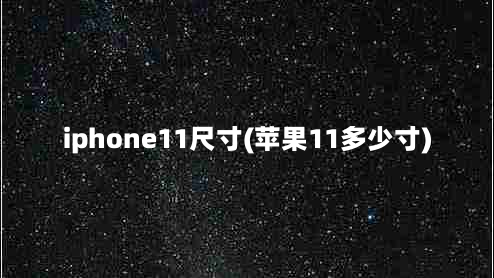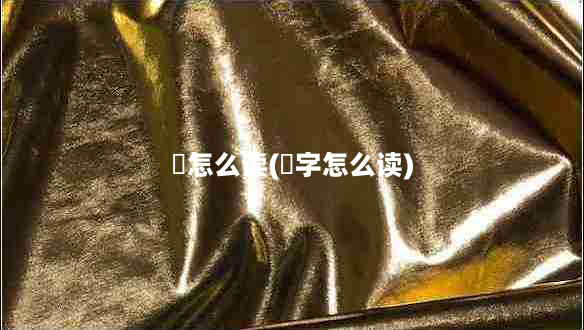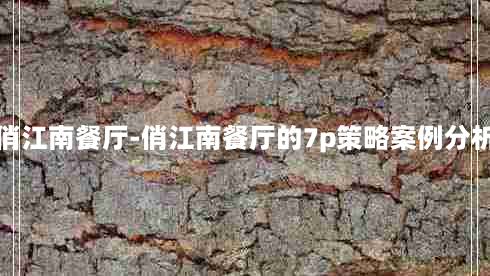many(many意思)
many是什么意思
1、adj.许多的

2、pron.许多人或物
3、n.许多;许多人
一、读音:
英['meni];美['meni]
二、用法:
1、many用作形容词时后接复数名词,表示许多同样的人或物(但数目不明确),用作主语时,其谓语动词要用复数形式。常用于否定句中。
2、many可用来强调more,可用too, so, how等修饰。
3、many多用作定语,只有在对比结构中,可用作表语,往往含有“虽然多”或“确实多”的意思。
三、例句:
Many of these substances are innocuous.
这里的许多物质都无害。
扩展资料:
近义词:numerous
一、读音:
英['nju?m?r?s];美['nu?m?r?s] 。
二、含义:
adj.为数众多的;许多。
三、用法:
1、用作定语~+ n.
2、用作表语S+be+~
3、~+名词 numerous friends很多朋友
四、例句:
The Earth is only one of the numerous planets in the universe.
地球只是宇宙中众多星球中的一个。
many意思
many的汉语意思如下:
adj.
许多的,大量的。
pron.
许多人(或物),许多(尤用于否定句或正式用语,表示大量)。
det.
许多的,大量的;多少(用于疑问句以询问数字大小);许多,很多。
n.
多数人(东西),大多数人;民众,百姓。
adv.
many的读音是:英 [?meni] 美 [?meni]。
many的造句如下:
1、Manyof its political parties are too preoccupied fighting each other.
当地很多政党,最关心的是怎样把彼此斗倒。
2、I mean, look at howmanypeople watch television and how few read books.
我想说的是,看看有多少人看电视,又有几个人读书。
3、Manyinstances, people at work are one of the key generators of static electricity.
许多例证,人在工作中是静态的电主要产生器之一。
4、I do know it is here that I have known my first untroubled sleep inmanyyears.
我的确知道在这里我已经了解了这么多年内我那之一次我忧无虑的睡眠。
5、Yet inmanyhouseholds, the occasion is too important to skimp on.
然而对许多家庭而言,这个节日可不能被省掉。
many是什么意思英语
many的中文意思是许多;很多;大多数人。
一、短语搭配
1、many hands make light work,人多好办事,众人拾柴火焰高。
2、how many,多少。
3、so many,那么多。
4、many people,许多人;很多人。
5、many kinds of,许多种。
二、双语例句
1、Manyof the lochs we used to fish are now affected by forestry.
许多我们过去常去钓鱼的湖泊现在都受到了林业的影响。
2、Fish is a source ofmanyimportant nutrients, including protein, vitamins, and minerals.
鱼是很多重要养分的来源之一,包括蛋白质,维生素和矿物质。
3、His fans move mountains to catch a *** anyof his performances as possible.
他的崇拜者们竭尽其能尽可能多地去观看他的演出。
many是什么意思
many 英[?meni] 美[?m?ni]
adj. 许多,多的;
pron. (与复数动词连用) 大多数人;
[例句]I don't think many people would argue with that
我认为多数人不会对此有异议。
[其他] 比较级:more 更高级:most
many是什么意思
many的意思:
adj.
1. 许多的,多数的,很多的,多
2. 许多,不少,多种,多样的,大多数的
many和much是怎么区别来着
many和much的区别:意思不同、用法不同、侧重点不同
一、意思不同
1.many意思:n.许多;许多人或物
2.much意思:n.许多
二、用法不同
1.many用法:用作定语,只有在对比结构中,可用作表语,往往含有“虽然多”或“确实多”的意思。
例句:
Many of these substances are innocuous.
这里的许多物质都无害。
2.much用法:修饰动词(可放于其前或其后),也常修饰形容词或副词的比较级或更高级和分词。一般用于疑问句或否定句。
例句:
I think we may learn much from it.
我想我们能从中学到许多。
三、侧重点不同
1.many侧重点:用于一般现在时。
2.much侧重点:用于一般现在时或一般将来时。
本网站文章仅供交流学习 ,若来源标注错误或侵犯到您的权益烦请告知,我们将立即删除. 邮箱jdapk@qq.com




















